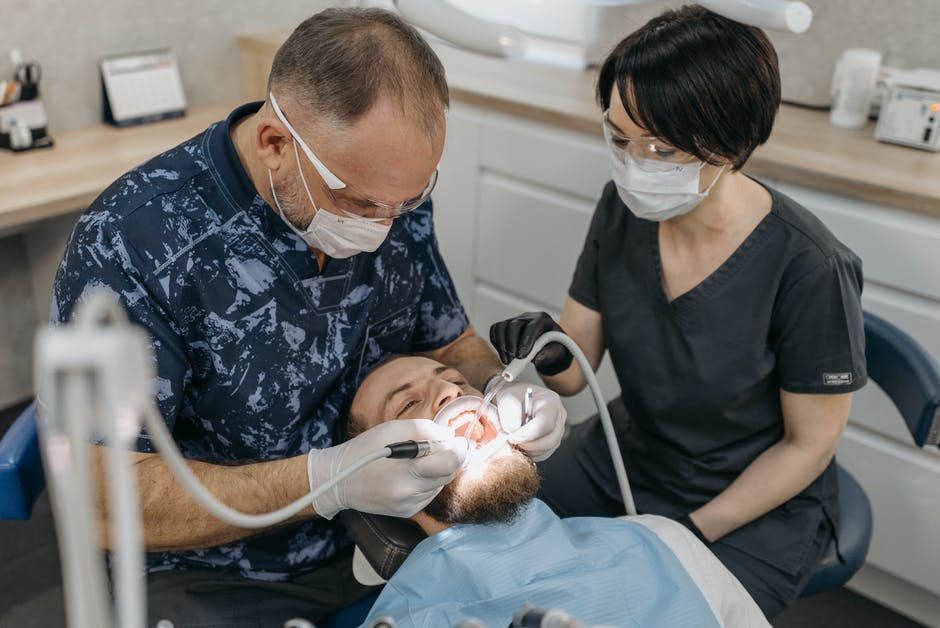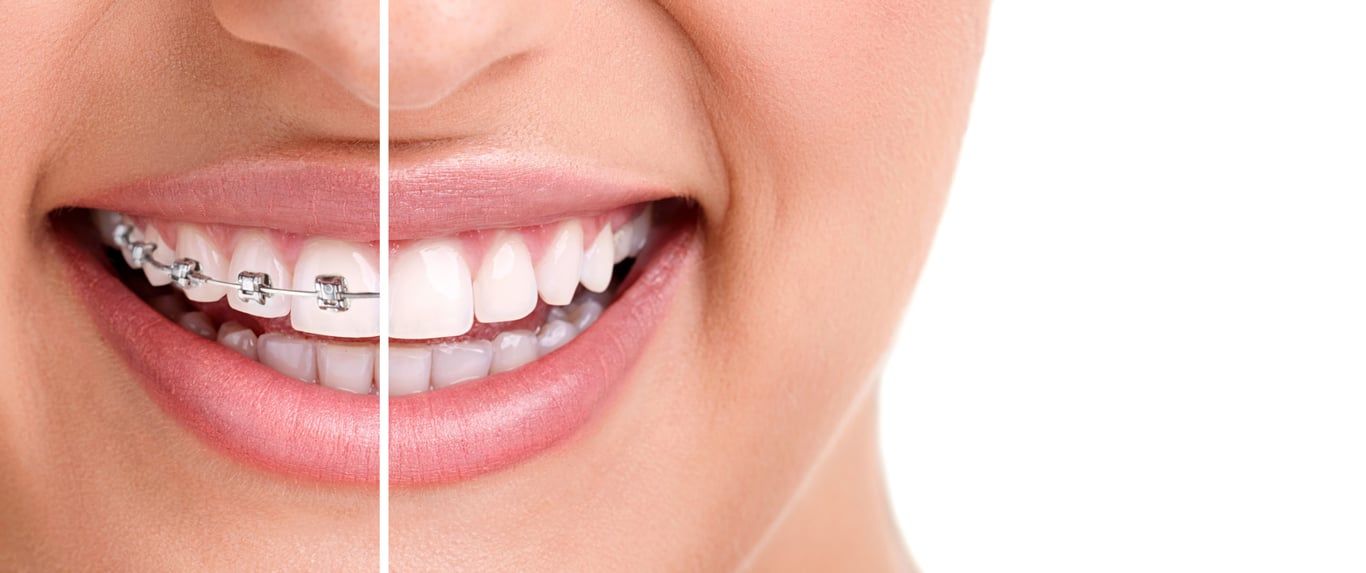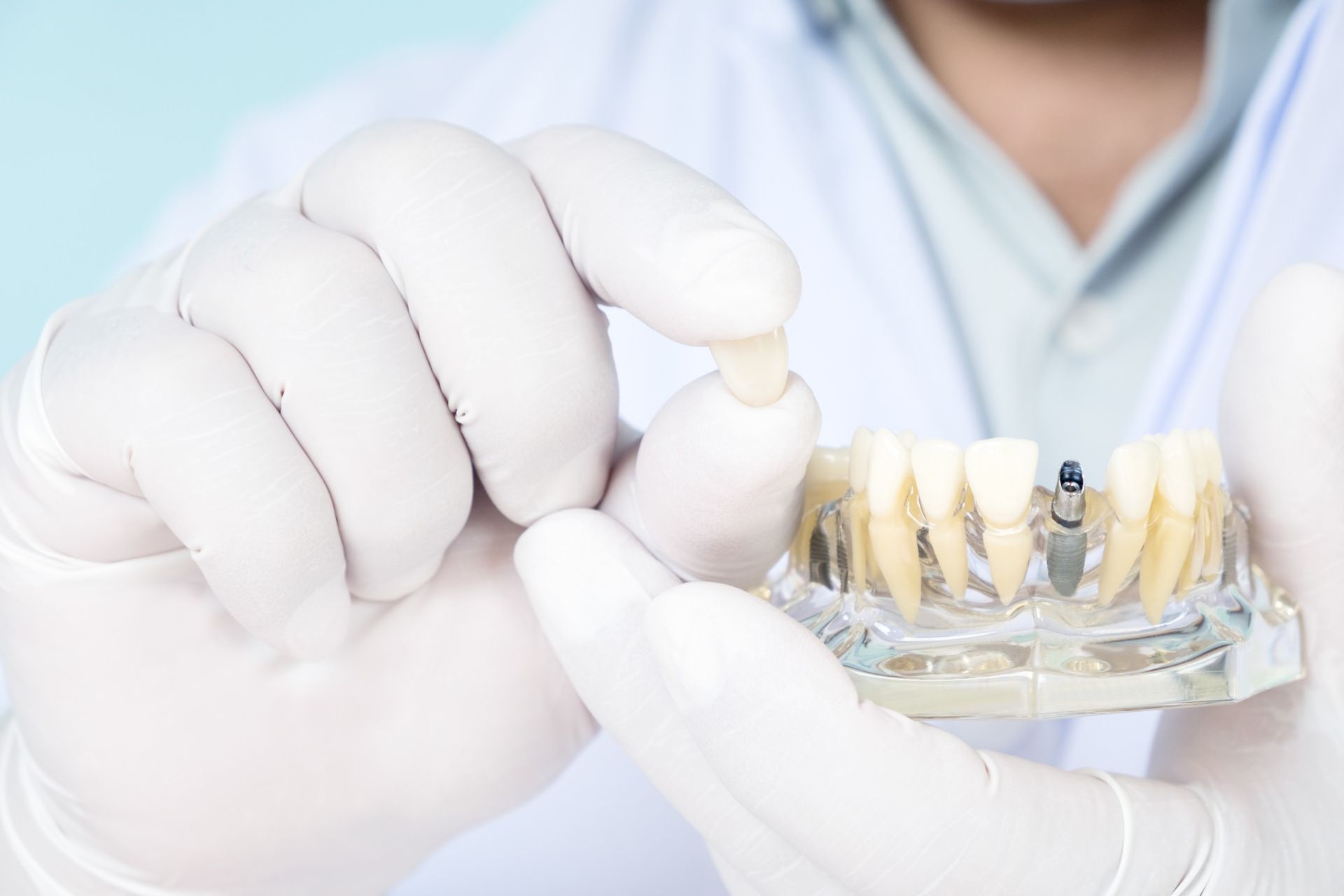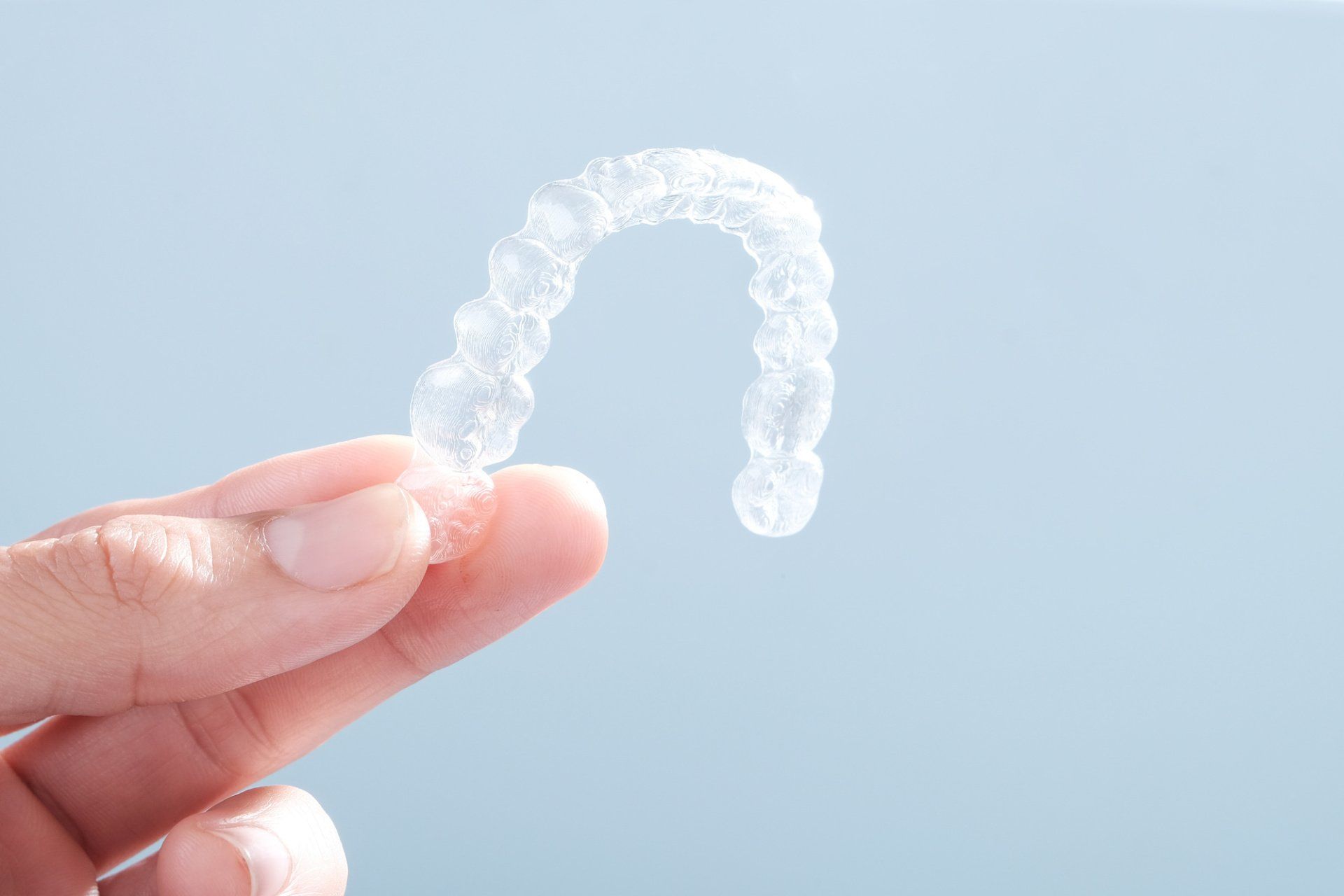Everything You Need to Know About the Longevity of Dental Implants
Mt. Laurel Dental & Implant Center • March 17, 2020
Taking a look at everything you need to know about the longevity of dental implants. How to know if this is the right dental option for your teeth.
One of the first questions that patients ask about dental implants is "how long do they last?" This concern about the longevity of dental implants makes sense. How long implants last is a key factor to consider when weighing them against other potential options.
Many patients are surprised to learn that, when properly cared for, dental implants can last for around 25 years. Keep reading to learn more about dental implants and their benefits, now.
What Are Dental Implants?
Dental implants
are prosthetic, or artificial, teeth. They look and feel just like your real teeth and are considered a permanent tooth replacement option.
Implants are installed via surgery by a qualified orthopedic surgeon. Once in place, they function and can be maintained in the same ways as your real teeth. They are a durable, versatile, and appealing option for anyone who needs a tooth replacement.
The Structure of an Implant
Implants are comprised of three parts:
- Implant
- Abutment
- Crown
The implant is a small titanium post or rod. It is inserted directly into the bone of your jaw and extends up through your gums, much the way that the roots of your natural teeth do.
The abutment is a prosthetic piece that screws onto and sits atop the implant. It sits above your gums and serves as a base for the crown.
The crown is the outer covering of the prosthetic that looks like a real tooth. Made largely of porcelain, the crown is custom-made to fit your mouth.
Pros and Cons of Having Implants Placed
There are many benefits to having the dental implants procedure and few downsides. The downsides are typically attributed to side effects and may vary based on the types of dental implants received.
The pros of having the dental implants procedure include:
- An improved physical appearance, leading to a boost in self-confidence
- Improved speech abilities versus missing teeth
- Increased comfort over missing teeth or traditional dentures
- Easier eating
- Improved oral health
- High durability
- Increased convenience versus other options
The cons of having the dental implants procedure include:
- A small chance of error when implants are placed
- Potential for infection or excessive bleeding (especially if not taken care of properly)
- Risk of movement of the implant
- Increased deterioration of the jawbone in at-risk populations
These are only the most significant pros and cons of having dental implants placed. You should speak to your dentist about other advantages or disadvantages that apply to your situation.
The Benefits of Dental Implants
Permanent dental implants offer a wide array of benefits. In addition to the convenience that the longevity of dental implants offers, patients can expect to enjoy the following.
Preservation of Dental Structure
Permanent dental implants play a key role in supporting patients' dental structures. When you are missing teeth, pressure is unevenly distributed across your teeth, gums, and jaw when you chew. Over time, this can cause damage to the structures in your mouth.
Tooth replacement via implants allows pressure to be distributed evenly, preventing such damage and protecting your mouth and bones. Implants also make it easier to eat comfortably and speak clearly.
Confidence
One of the lesser-recognized benefits of an implant is the confidence that comes with having an attractive smile. Patients missing teeth are often self-conscious about their mouths and smiles. This can translate into avoidance behaviors that make them seem shy or unfriendly around others.
Dental implants provide you with a smile you can be proud of and the confidence to tackle life with joy.
Convenience
Dental implants require no special products or tools to clean. They add no extra time or steps to your daily routines. In fact, most people will never know they aren't your real teeth.
This makes implants one of the easiest and most pleasant options available when you need to replace missing teeth.
Cost
The exact price of dental implants will vary based on your personal situation and needs. Generally speaking, however, dental implant costs are extremely affordable, particularly in light of the tremendous benefits they offer.
Alternatives to Dental Implants
Dental implants are not the only option for individuals seeking to replace missing teeth. Alternatives include:
- Dental bridges
- Dental crowns
- Dentures
Bridges and crowns are prosthetics designed to fill the spaces between teeth. Dentures are removable dental appliances that replace missing teeth.
The Advantage of Implants Over the Alternatives
While each patient's needs are unique, the benefits of an implant usually far outweigh those of the alternatives. Here are a few examples:
- Implants are extremely stable and will not move the way dentures can
- Patients with implants have no dietary restrictions due to their teeth
- Implants last much longer than the alternatives
- Implants can serve as the base for other dental work
- Patients typically find implants to be the most comfortable and convenient option
- Dental implant costs are very affordable
The Longevity of Dental Implants
By now, you know the basic answer to the question "how long do dental implants last?" You know that dental implants can last approximately 25 years, which is far longer than most alternatives.
The actual lifespan of your implant, however, will be directly influenced by several factors. These include your:
- Oral hygiene practices
- Diet and lifestyle
- Implant's location in your mouth
- Dentist
Obviously, patients who practice excellent oral hygiene can expect their implants to last the longest. This includes brushing and flossing twice a day or more and getting regular preventative dental care.
Importantly, implants installed by a skilled dentist typically last longer than those put in by a less capable surgeon. It is important to select a skilled provider when electing to get implants.
Why Dental Implants Fail
Dental implants can fail for a variety of reasons. Understanding them can help you take proactive steps to extend the life of your implants.
Wear and Tear
Unreasonably hard wear on one's teeth or mouth can reduce implants' lifespans. Typically, this includes activities like using one's teeth to open corked bottles or packages, or chewing on substances not suitable for consumption.
Implants in the back of the mouth are more likely to fail over time than those in the front. This is true even under normal and appropriate use, due to differences in pressure during eating.
Unhealthy Habits
Excessive smoking and alcohol consumption can weaken the body. In particular, they can do great damage to the mouth. This can negatively affect the integrity and longevity of dental implants.
Medical Conditions
Similarly, certain diseases and medical conditions
can lower the lifespan of your implants. This can happen through a variety of mechanisms. The most common culprits are:
- Diabetes
- Cancer
- Gum disease
- Autoimmune diseases
- Rheumatoid arthritis
Taking certain medications during the period in which you first get your implants can also reduce the likelihood of their success and longevity.
Are Dental Implants Right for You?
Does the longevity of dental implants appeal to you? Mount Laurel Dental and Implant Center in Township, New Jersey offers comprehensive dental implant services in a comfortable, spa-like atmosphere. So don't wait. Get more information
on the price of dental implants and their suitability for your needs today.











